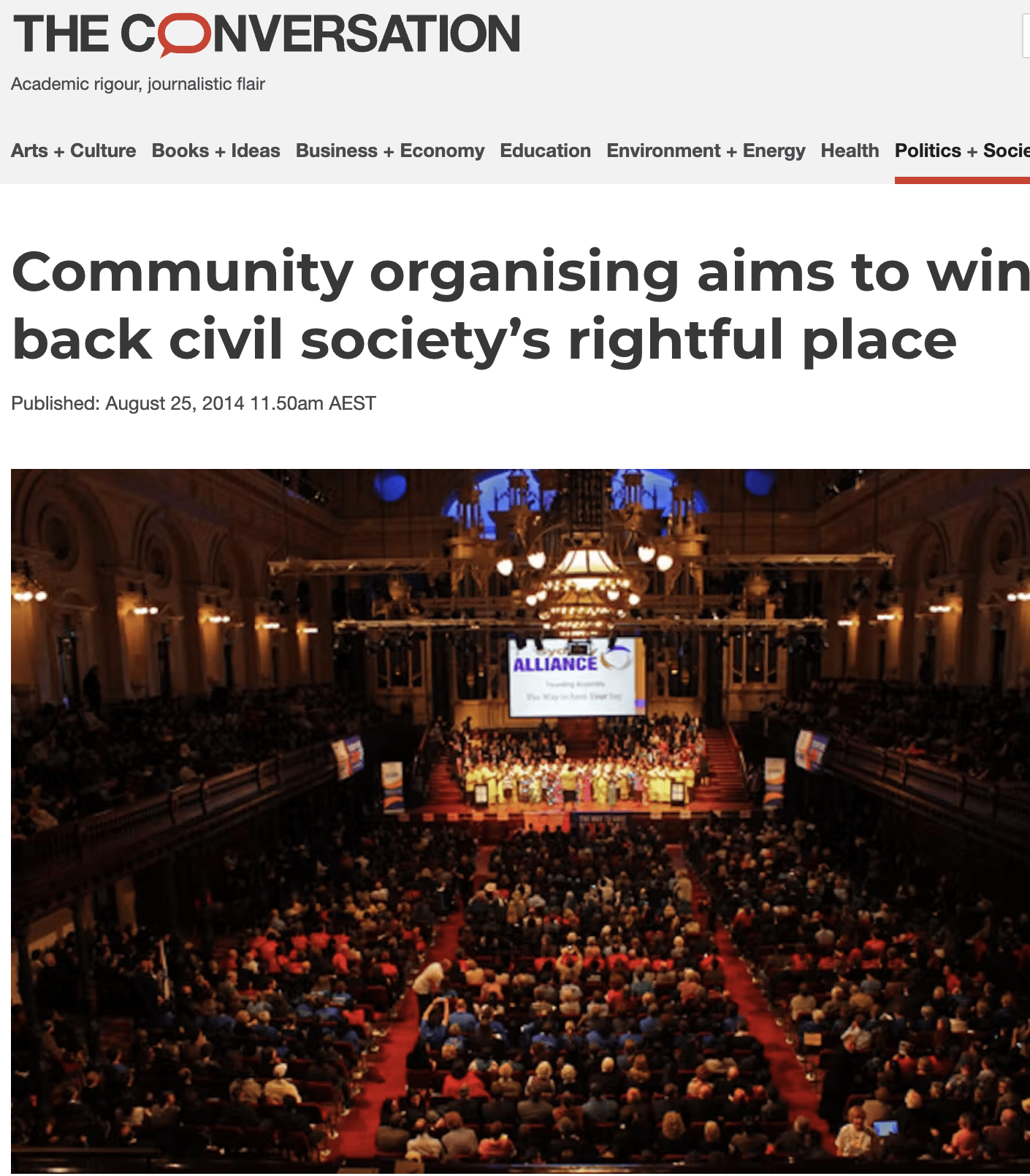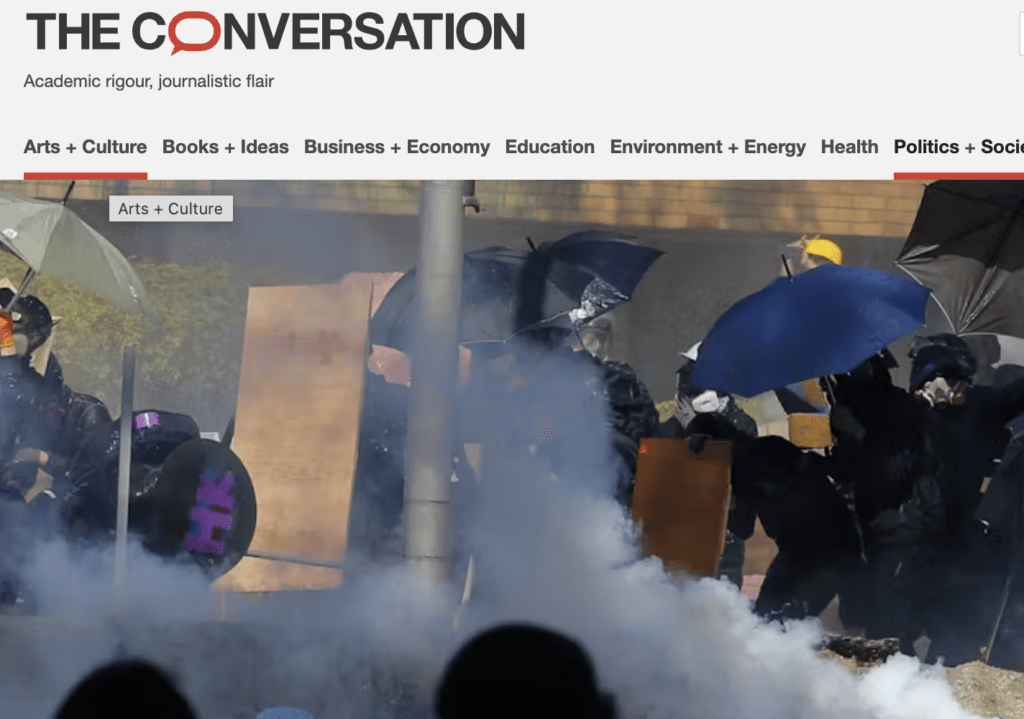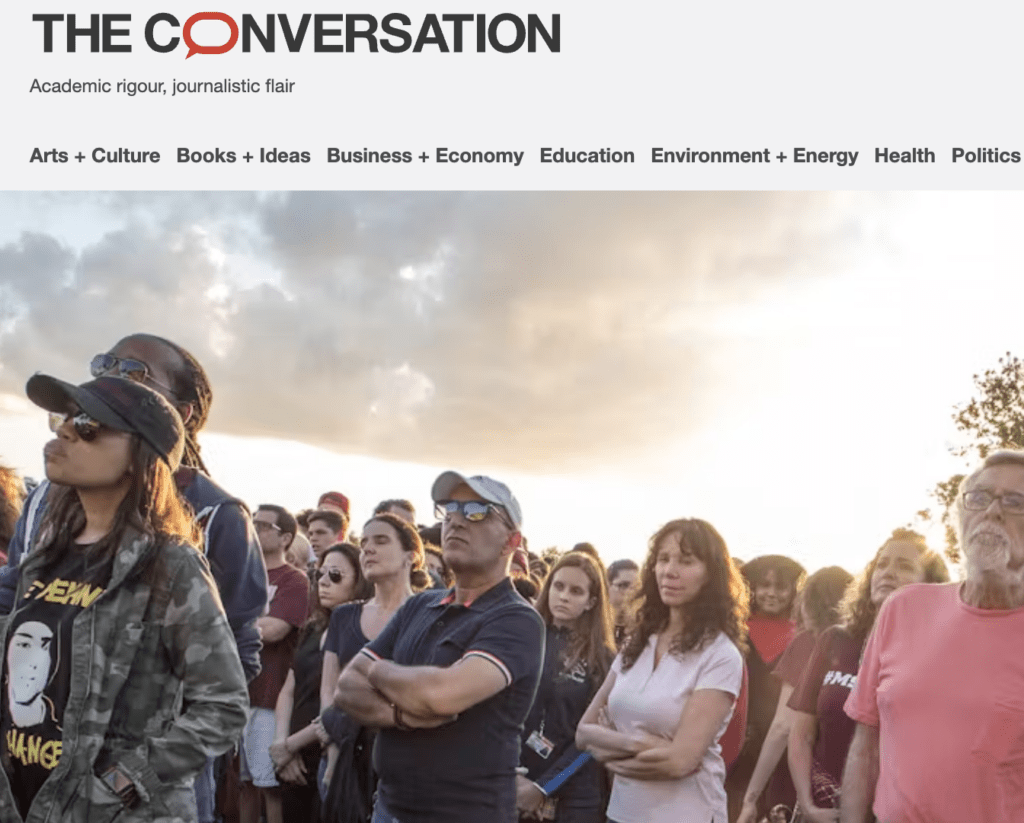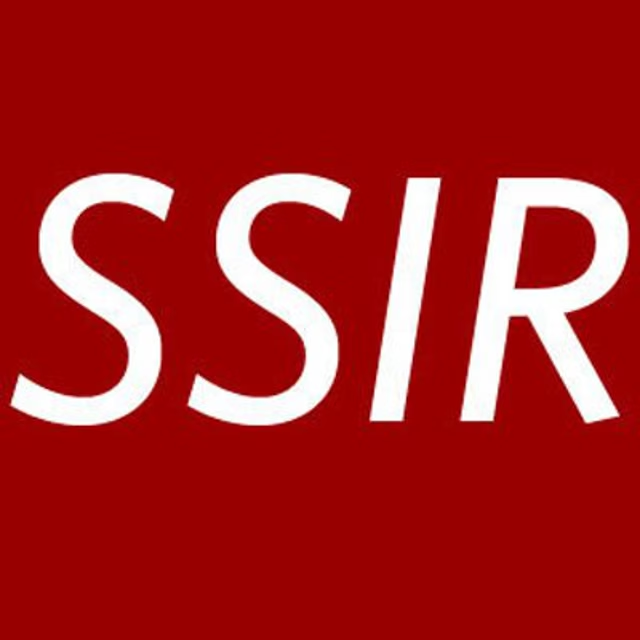Blogs & Speeches
Community organising aims to win back civil society’s rightful place
How Saul Alinksy’s Chicago approach to community organising is finding a home in Sydney.
How Sydney Alliance is seeking to rebuild the power of civil society using the practices of community organising.
Citation:
Tattersall, A. (2014) Community organising aims to win back civil society’s rightful place. Conversation, Aug 25.
Overview
In the wake of the Second World War, Karl Polanyi wrote that the public arena is made up of three interconnected sectors: the market, government and civil society. He argued that democracy thrives when these three are in balance.
If only that were the case today. Since the late 1980s, the global influence of the market sector has increased and, at the same time, civil society has decreased.
This can be felt every day in Australia’s cities. We see it in declining investment in community infrastructure – everything from a lack of public transport to unaffordable housing.
First in Sydney, then in other Australian cities, as well as across the world, civil society organisations – like churches, schools, unions, community and religious organisations – are rebuilding the power of civil society using community organising.
Community organising is a way of working that trains and builds citizen leaders inside community-based organisations. Community organisers argue that in order to fix our cities we need to fix our democracy. That means we need to build strong and vibrant civil society organisations that act for the common good.
Chicago-born Saul Alinsky was the grandfather of community organising. He first organised immigrants and industrial workers into a diverse coalition named the Back of the Yards Neighbourhood Council in the late 1930s. Alinksy created the Industrial Areas Foundation (IAF) to spread this success.
Today, community organising coalitions can be found in more than 60 cities in countries around the world, including the United States, Canada, United Kingdom, Germany and Australia.
The Sydney experience
The Sydney Alliance translated community organising to Australia. The alliance was built slowly between 2007 and 2011, with a focus on one-to-one meetings across a remarkably diverse array of partners. These include the Catholic Church, the NSW Jewish Board of Deputies, the Cancer Council, the Uniting Church, Arab Council and the nurses’ union, among others.
Partner organisations fund the Sydney Alliance and supply the people who lead it. These leaders are supported by a small team of community organisers.
Community organising borrows from traditions as diverse as Catholic social teaching, the Jewish self-help tradition and union action. The alliance’s extensive community organising training uses texts as diverse as the Bible and Greek philosophy, then mixes those traditions with the experiences of social coalitions like Sydney’s Green Bans movement and modern-day heros like Gandhi.
The alliance’s first campaigns were local. The first victory was in Liverpool, in south-western Sydney, where community leaders from religious, union and community organisations advocated for the creation of “15-minute drop-off zones” outside six medical centres in Liverpool City.
In Glebe, churches and unions teamed up with the Glebe Youth Service to create local jobs for young indigenous men and women living in Glebe’s public housing estate. In 2013, this culminated in a 350-person assembly where Mirvac CEO John Carfi agreed to create an apprenticeship program for local men and women at the Harold Park Housing Development.

More work

University under siege: a dangerous new phase for the Hong Kong protests
A look at the Hong Kong protests in 2019 as the contest around democracy entered the university space.

What Parkland’s experience tells us about the limits of a ‘security’ response to Christchurch
I interviewed leaders from the March for our Lives movement days before the Christchurch massacre. Here are some…

Why Organizers need Mobilizers and Mobilizers need Organizers
In an “ecosystem” approach, different theories of change – like mobilizing and organizing – can reinforce and strengthen…